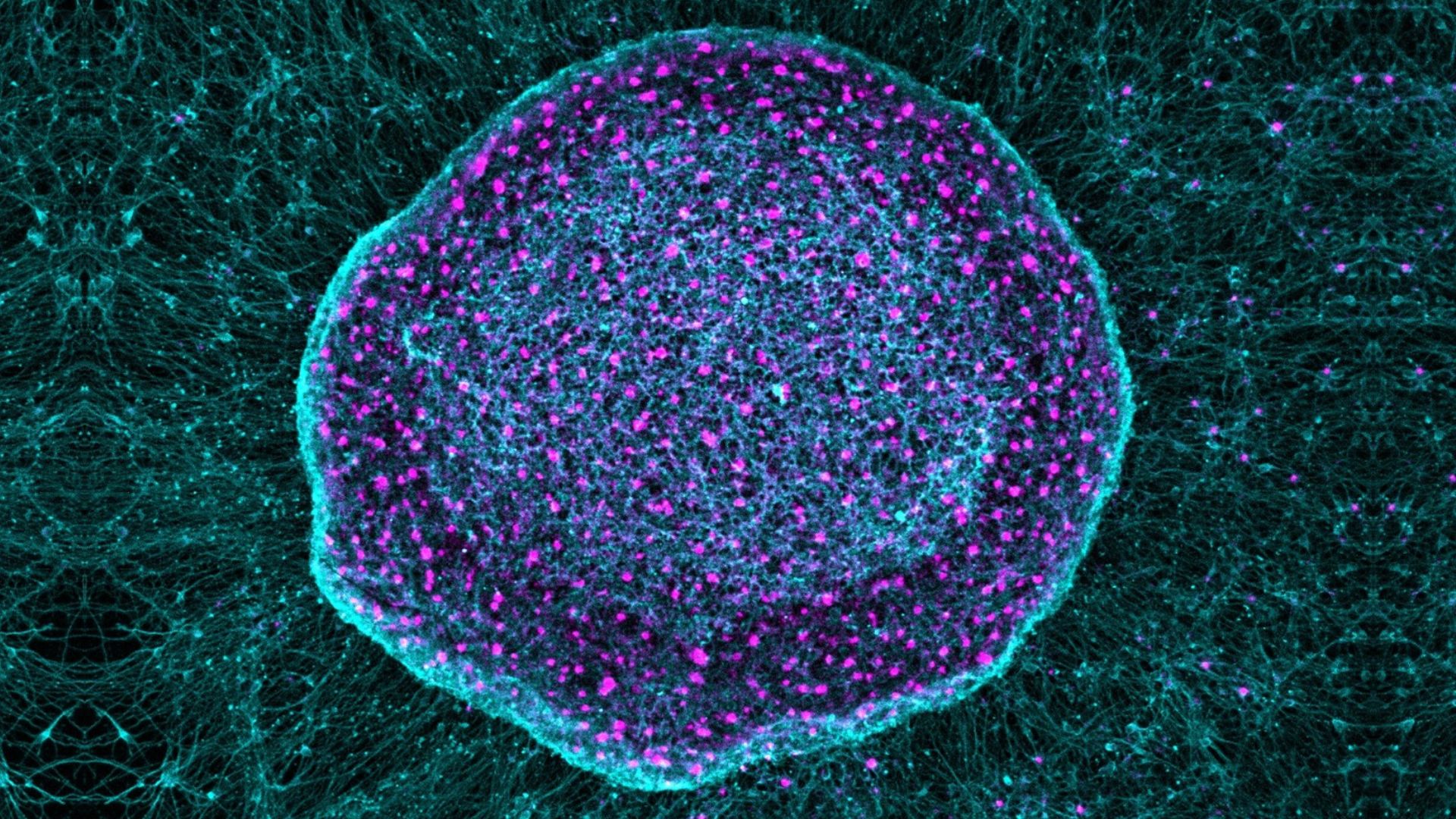Getting Too Little Sleep Raises Hunger Levels

Sleep deprivation might make the body crave more calories and burn them off more slowly, eventually leading to weight gain, according to recent research from Germany.
A study of nine men showed that when the participants were deprived of sleep for 24 hours, they experienced a 22 percent increase in "the hunger hormone" ghrelin, compared with nights when the men slept normally, the researchers said.
In another experiment with 14 men, researchers found that men who stayed awake for an entire night burned between 5 to 20 percent fewer calories while at rest, compared with after a normal night's sleep.
Together, these findings may help explain the link between getting less sleep and being overweight or obese, and having Type 2 diabetes, the researchers said.
Researchers, led by Manfred Hallschmid, of the University of Tubingen, found that after only one night of disrupted sleep, participants said they felt lethargic and moved around less than they did after a full night’s sleep. And although people who didn't sleep at all for 24 hours experienced the most dramatic effect on ghrelin levels, the study also showed that the less sleep study participants got, the higher their levels of ghrelin, the hungrier they said they felt and the more calories they consumed.
In the studies, researchers measured participants’ hormone levels with blood tests, tracked their physical activity with wrist-watch like devices called accelerometers, and calculated how much energy they burned by indirect calorimetry, which estimates a person's heat production.
Pass it on: Lacking sleep makes you hungrier and limits your body’s ability to burn calories, which may result in obesity and diabetes.
Get the world’s most fascinating discoveries delivered straight to your inbox.
Follow MyHealthNewsDaily on Twitter @MyHealth_MHND. Find us on Facebook and Google+.
 Live Science Plus
Live Science Plus






